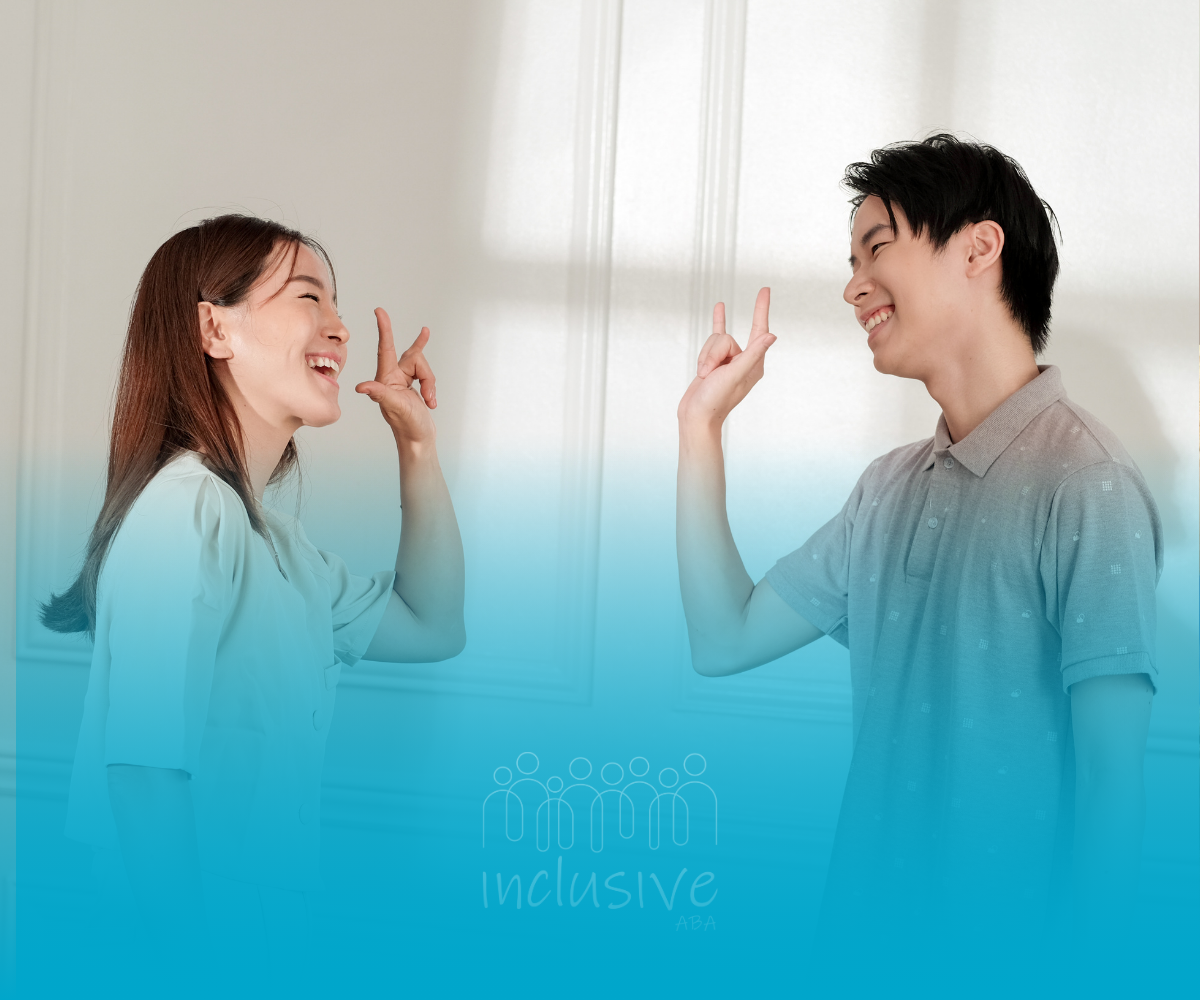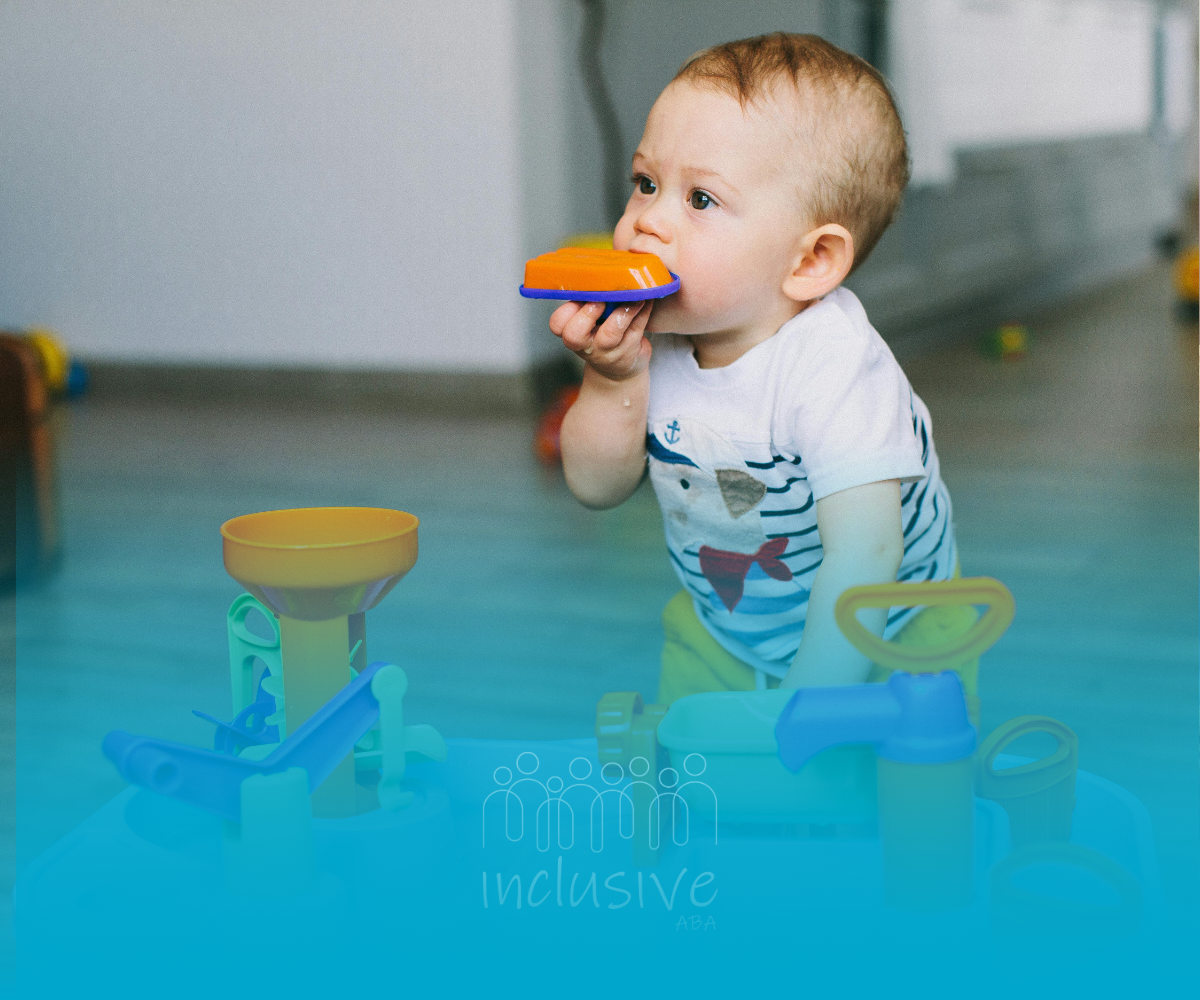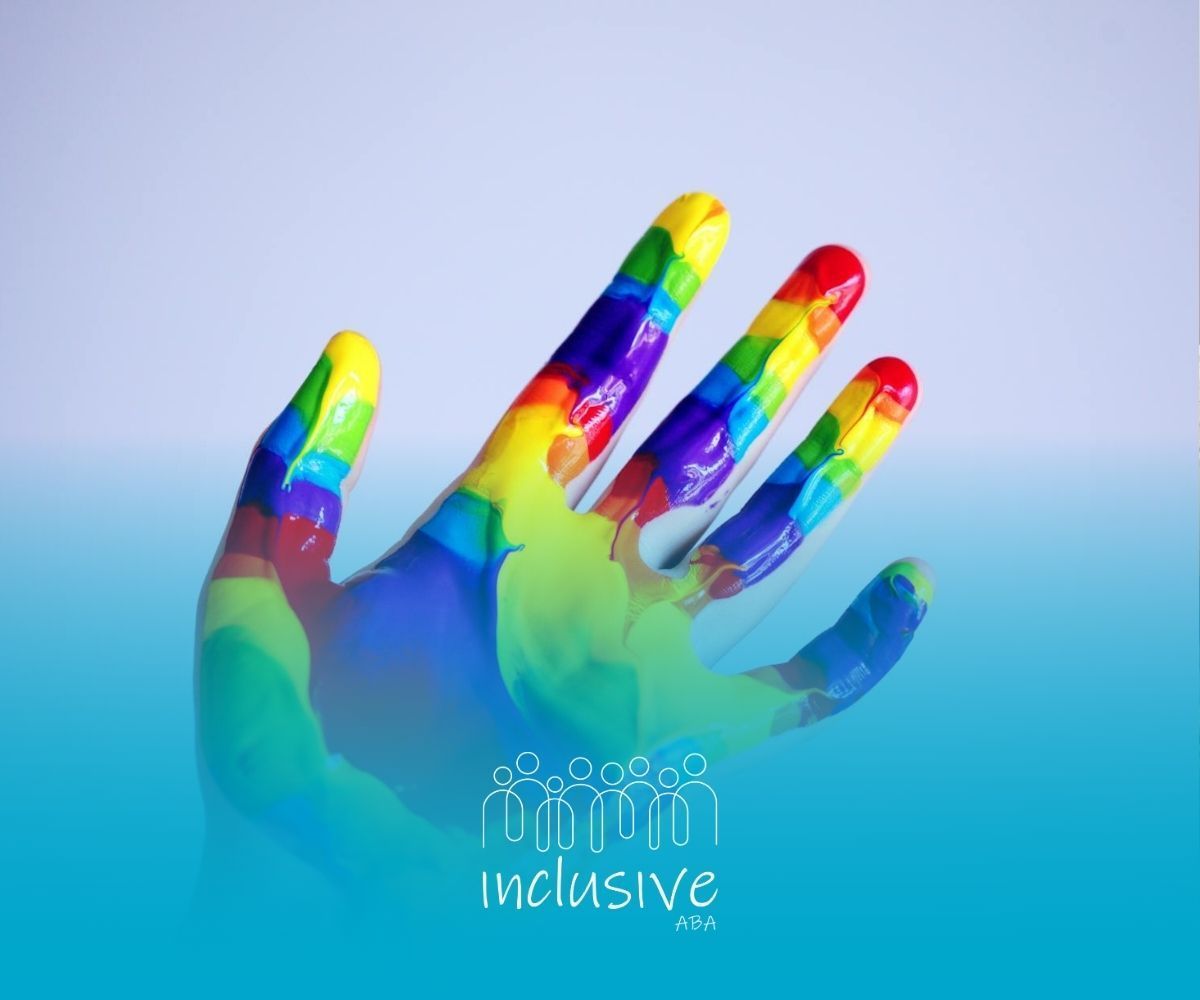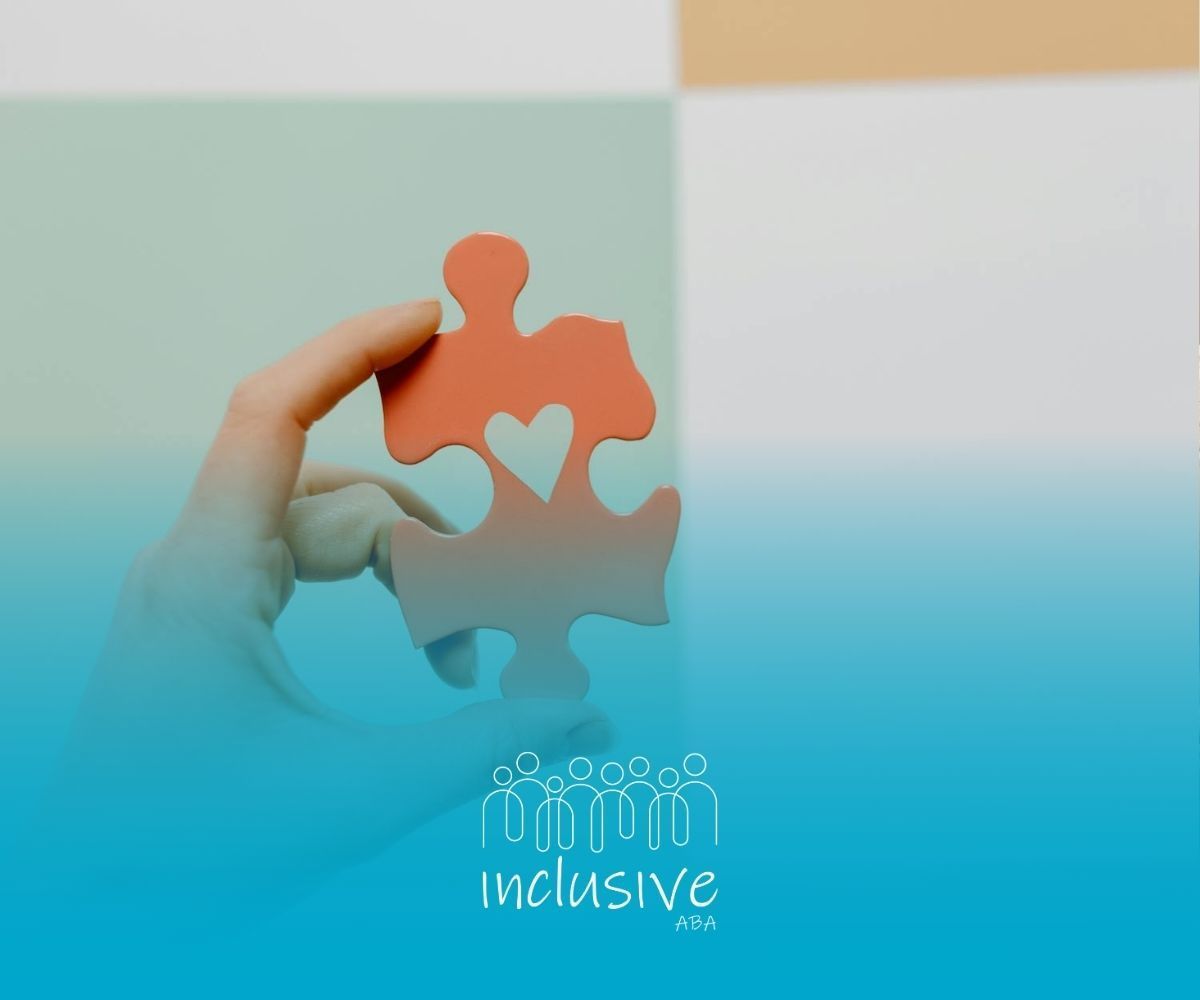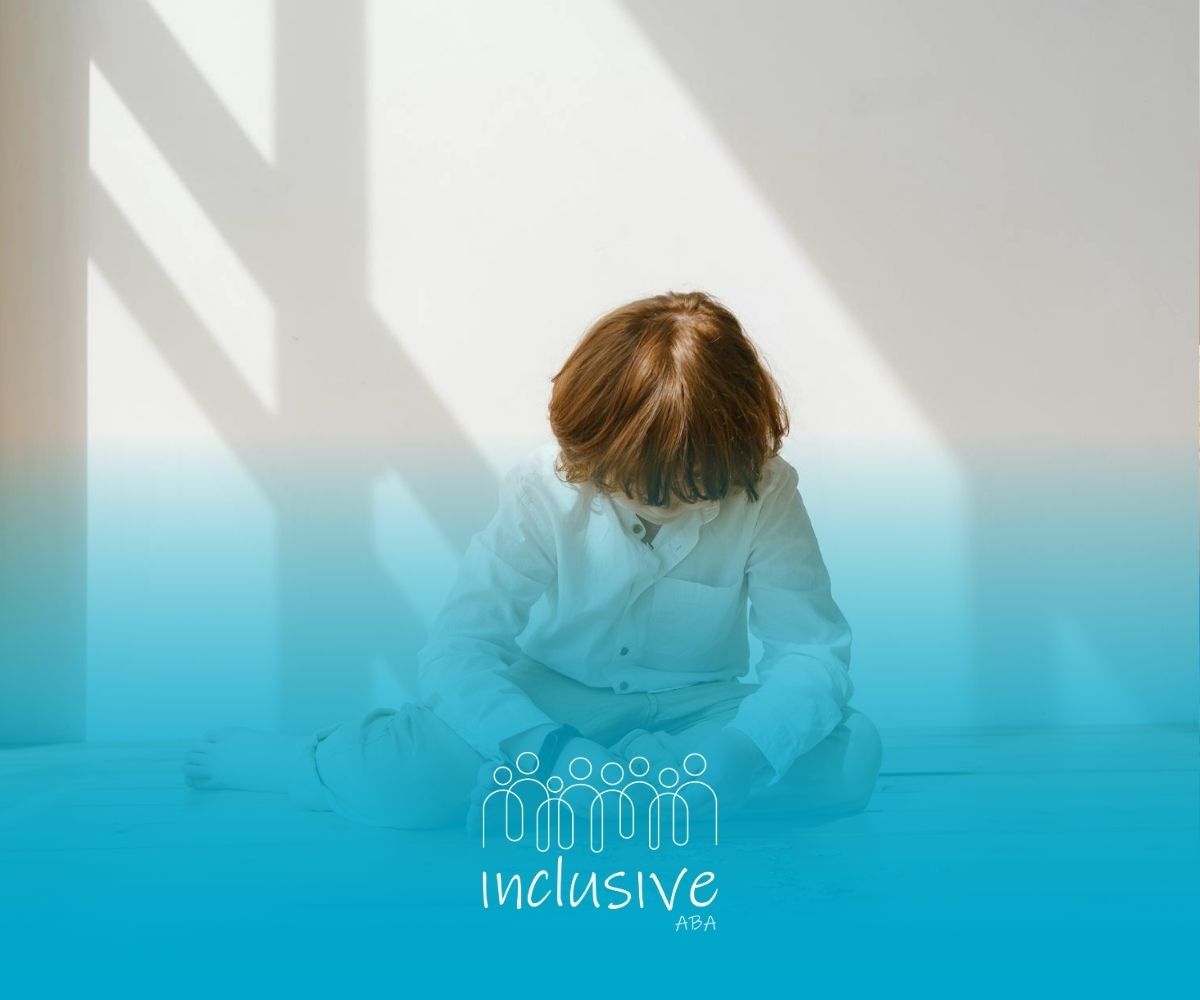Unveiling the Autistic 6th Sense: Fact or Fiction?
The world of autism spectrum disorder (ASD) is full of diverse experiences and perceptions. One area of ongoing discussion is the concept of a 'sixth sense.' Individuals with ASD may face challenges with some social skills and empathy. However, they might also exhibit unique strengths and perceptions that appear extraordinary to neurotypical individuals. In this blog post, we'll explore the fascinating possibility of a heightened sensory experience in autism, separating fact from fiction, particularly how neuroatypical experiences can differ.
Exploring the Concept of a "Sixth Sense" in Autism
The idea that some people possess a "sixth sense" has long intrigued humanity. This term often refers to an ability to perceive the world beyond the traditional five senses of sight, hearing, smell, taste, and touch. While it's not about developing supernatural abilities, the concept of a "sixth sense" within the context of autism centers around the frequently reported experiences of heightened sensory sensitivities and emotional insights.
The question then arises: How do these experiences translate into something akin to a "sixth sense?" Is it about perceiving subtle cues that others miss? Or feeling the emotions of others with profound intensity? Let's delve into the scientific understanding of autistic perception and investigate these questions.
What is traditionally considered the "sixth sense"?
The concept of a sixth sense extends beyond the realm of the supernatural, resembling a unique superpower. Although it often gets associated with extrasensory perception, in a broader sense, it points to an individual's enhanced capacity to pick up on subtle cues and information that typically go unnoticed by others. These cues can manifest in various forms, such as slight changes in body language, subtle shifts in tone of voice, or an inexplicable feeling about a person or situation, much like a warning sign that something could happen the next day.
Intuition plays a crucial role in this process. It's that gut feeling or instinct that arises without conscious reasoning but often proves accurate. Individuals who are highly intuitive are often adept at reading between the lines, sensing underlying emotions, and anticipating events based on seemingly insignificant details.
However, this ability isn't limited to intuition alone. It also encompasses a heightened sensitivity to the feelings of others, including their facial expressions. Empaths, for example, are said to possess a keen ability to understand and experience the emotions of those around them, sometimes to the point of feeling those emotions, including sadness, as their own. This profound connection to the emotional landscape can significantly impact their interactions and experiences.
How does sensory perception differ in autistic individuals?
Sensory perception in autistic individuals often diverges significantly from that of neurotypical individuals. Many autistic people experience hypersensitivity or hyposensitivity to various sensory stimuli. This means they might be intensely sensitive to sounds that others barely notice or remain indifferent to textures that others find unbearable. Family members of autistic individuals should be aware that certain sounds, textures, lights, or smells can trigger discomfort, anxiety, and even meltdowns.
This heightened or diminished sensitivity to sensory input stems from differences in how autistic individuals' brains process sensory information. While the exact mechanisms are still being studied, research suggests that autistic individuals may have variations in neural pathways responsible for filtering and interpreting sensory data. These differences can impact their ability to cope with sensory overload and utilize effective coping mechanisms to navigate the world around them.
This heightened sensory experience often translates into a unique way of perceiving and interacting with the environment. An autistic individual might notice minute details that others overlook, or they might be attuned to subtle changes in their surroundings that others miss. These enhanced perceptions can be both a blessing and a challenge, making everyday experiences simultaneously richer and more demanding.
Scientific Insights into Autism and Enhanced Perceptions
While the concept of a "sixth sense" is not a formally recognized scientific term within the context of autism, researchers have been steadily exploring the remarkable perceptual abilities observed in autistic individuals. Studies focusing on sensory processing, pattern recognition, and attention to detail have yielded intriguing insights into the neurological underpinnings of autistic perception.
These scientific explorations are essential for moving beyond anecdotal accounts and understanding the biological basis of the extraordinary perceptual experiences frequently reported by autistic people, including the understanding of social cues. By examining the neural mechanisms at play, researchers aim to gain a clearer picture of how autistic individuals process information and experience the world differently.
Studies supporting enhanced perceptual abilities in autism
Research has begun to uncover evidence supporting the existence of enhanced perceptual abilities in individuals with autism. Numerous studies have demonstrated that both autistic children and autistic adults often outperform their neurotypical counterparts in tasks requiring:
| Perceptual Ability | Description | Example |
|---|---|---|
| Pattern recognition | Identifying recurring sequences or patterns in visual or auditory information. | Autistic individuals may excel at recognizing patterns in visual displays or musical compositions. |
| Detail orientation | Focusing on and remembering specific details within a larger context. | Autistic individuals may be highly adept at tasks that require close attention to detail, such as proofreading or visual search tasks. |
| Sensory acuity | Heightened sensitivity to sensory stimuli, such as sound, light, or texture. | Autistic individuals may notice subtle variations in color, sound frequencies, or tactile sensations that others overlook. |
These studies suggest that autistic individuals may possess unique strengths in processing sensory information and perceiving patterns, often exceeding the capabilities of neurotypical individuals in specific domains.
These findings highlight the remarkable diversity of human perception and challenge conventional notions about what constitutes "normal" sensory processing. They underscore the importance of recognizing and appreciating the unique cognitive profiles associated with autism.
Debunking myths: What science actually says about the "sixth sense"
Despite the intriguing findings suggesting enhanced perceptual abilities in autism, it's essential to approach claims of a "sixth sense" with a healthy dose of skepticism. While autistic individuals may demonstrate remarkable strengths in sensory processing and perception, these abilities can be explained within the framework of scientific understanding without resorting to paranormal or supernatural explanations.
Attributing extraordinary perceptions to a "sixth sense" can perpetuate myths and misunderstandings about autism. It's crucial to recognize that these abilities are not magical or otherworldly but stem from neurological differences that shape how autistic individuals process sensory information.
Instead of framing these abilities as supernatural, let's focus on understanding the neural mechanisms behind them and appreciating the unique ways autistic individuals experience the world. This approach fosters inclusivity, celebrates neurodiversity, and paves the way for more effective support and understanding.
Conclusion
In conclusion, the concept of a "sixth sense" in autism remains a topic of intrigue and debate. While traditional views on the sixth sense may not directly align with autism, scientific studies have highlighted potential enhanced perceptual abilities in individuals with autism. Debunking myths and understanding the unique sensory perceptions of autistic individuals are crucial steps towards fostering a more inclusive and informed approach. By delving deeper into the scientific insights surrounding autism, we can appreciate the diverse ways in which individuals experience the world around them.
At Inclusive ABA, serving Nevada, Nebraska, and Colorado, we are dedicated to exploring the diverse experiences and perceptions of autistic individuals. This article delves into the intriguing concept of an "autistic 6th sense," examining anecdotal evidence and scientific understanding. While this notion may spark curiosity, our focus at Inclusive ABA remains on providing evidence-based ABA therapy tailored to the unique sensory processing and individual needs of each child. Our experienced team utilizes proven strategies to support communication, social skills, and adaptive behaviors, fostering growth and well-being. We believe in understanding and respecting individual differences while grounding our interventions in scientific research to ensure the most effective outcomes for families across Nevada, Nebraska, and Colorado.





